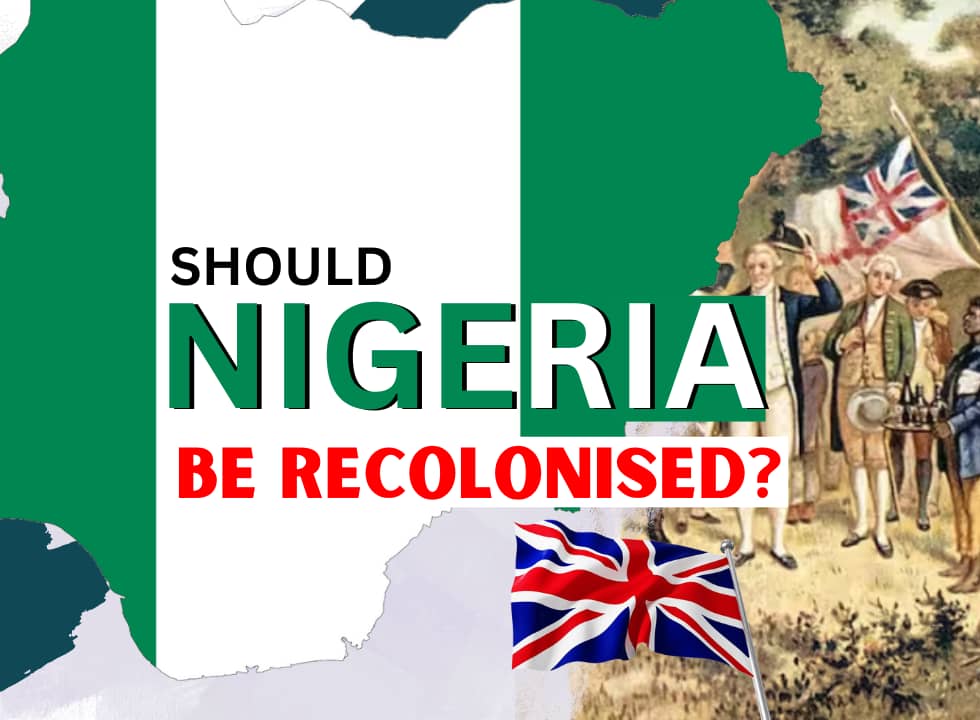
Nigeria, as a political entity, was heavily exploited by the West. They engaged in the exploitation of its human capital through slavery in the 16th and 17th centuries and exploited its mineral resources and wealth until the mid-1990s, when she gained Independence. Nigeria’s honeymoon period of independence lasted a mere six years before being ravaged by the civil war in 1967. Even prior to the civil war, a series of back-and-forth countercoup d’état episodes paralyzed the newly liberated nation in its nascence. The reality following the crushing of the short-lived Biafra republic during the civil war brought about a fundamental shift away from the British governance structure.
This shift eroded an established, functional regional system of government that was highly decentralised, replacing it with a highly centralised system in which the majority of the population in the hinterlands and rural areas is marginalised in terms of development and policy dictation.
Consequently, modern Nigeria is characterised by a myriad of challenges that continue to hinder its progress. These challenges include widespread poverty, limited and failing infrastructures, corruption, weak institutions, lack of productivity, etc. Even though it has vast untapped mineral resources, a high unemployment rate, and corrupt government officials who often lack the expertise to effectively govern and manage public funds designated for infrastructural development ends up siphoning them leaving the masses struggling for basic amenities. Regrettably, the current state of affairs in Nigeria is experiencing an alarming deterioration, even worse than the conditions experienced during the colonial era.
In light of this, we embarked on the streets interviewing Nigerians to delve into a question that has undoubtedly lingered in their minds: Should Nigeria be recolonised? Below are some of the responses we got.
One prevailing sentiment among those interviewed was their contention that Nigeria’s trajectory as a nation can be fortified if competent individuals occupy positions of authority within the government.
The alternative viewpoints presented by some participants were truly intriguing. They suggested that recolonisation could potentially bring economic stability, improved infrastructure, and access to advanced technologies.
While these perspectives may seem controversial, it is important to recognize that they reflect the complexities of a multifaceted debate.
Writer: – Chidimma ONWUOKWU –





